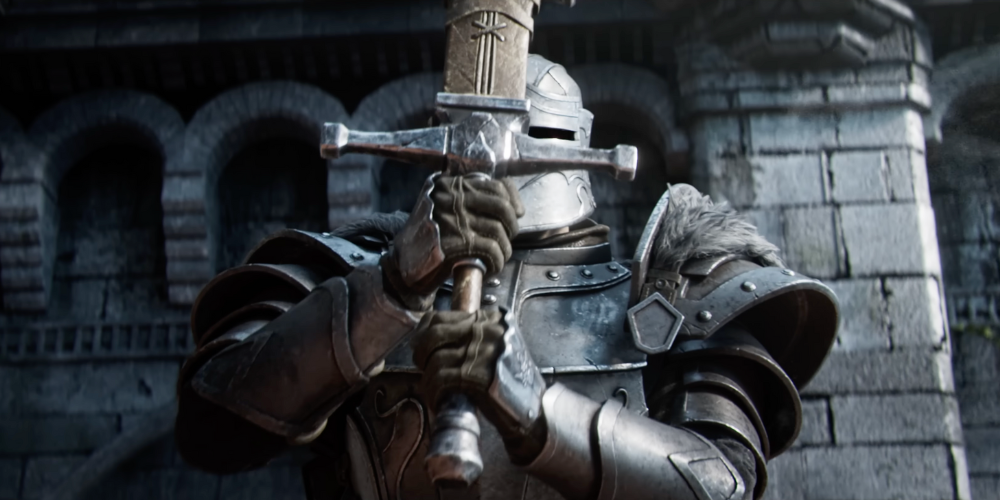Navigating Nostalgia: Balancing Classic and Modern Dynamics in Today's Gaming Industry
- 0

In the evolving gaming industry landscape, developers continually adjust to players' changing preferences and behaviors. The intricate dynamics of catering to both hardcore gaming enthusiasts and casual players have posed significant challenges. Elder Scrolls Online director Matt Firor sheds light on why a Morrowind-style game – devoid of modern conveniences like GPS guides and laden with cryptic instructions for quest completions – is increasingly unfeasible for large studios to produce today.
Adapting to Modern Gaming Tastes
As players have become more familiar with modern gameplay elements such as map markers, checklists, and objective breadcrumbs, the once-popular Morrowind style of open-world gaming has fallen out of favor. According to Matt Firor, changing preferences demand that games provide hints and clues, a sharp contrast from the Morrowind era when players relied heavily on scattered pieces of information to progress.
The Problem with Nostalgia
Firor notes that releasing a game today that mirrors Morrowind's style would likely fall flat. The absence of a GPS-style guide and a reliance on cryptic instructions would appeal only to a tiny segment of the gaming community. His observations suggest that modern gamers, accustomed to having multiple guidance mechanisms, would struggle to find enjoyment in such a system. Firor stated, "Very few people would play it... you need to give them hints and clues."
Understanding the Diverse Player Base
In his discussion with Rock Paper Shotgun, Firor emphasized the diverse nature of today's gaming audience. Whereas older generations of gamers were often willing to spend extensive time navigating complex environments, the present-day player base includes those who appreciate both intricate, demanding experiences and quick, accessible gameplay. This duality necessitates creating games that can bridge the gap between these two player types.
Appeasing the Hardcore Gamers
While recognizing the need to cater to more casual gamers, Firor highlighted the importance of not alienating hardcore enthusiasts. These players relish the deep, immersive challenges that games like Morrowind present. Keeping them engaged means ensuring that these complex, demanding elements remain integral to the gaming experience. Firor remarked, "We need to support both that kind of hardcore players – the people that really want to take the time and live everything and make it difficult."
Supporting Casual Players
Simultaneously, Firor acknowledges the need to attract and retain the more casual gaming demographic. These individuals often have limited time and seek engaging yet straightforward gameplay. Creating a seamless experience for these players is crucial in a market brimming with varied gaming options, where every moment of gameplay must be maximized for enjoyment. Firor summarized, “Then the wider audience that really just has 20 minutes to burn.”
Solutions for Both Worlds
Firor's insights underscore a significant trend in the gaming industry – the balancing act of catering to diverse player preferences. While nostalgia for games like Morrowind still exists, more contemporary solutions bridge old-school gaming virtues and modern expectations.
Games Like Dread Delusion
For those who yearn for the core dynamics of Morrowind, games like the recently released Dread Delusion offer a modern take. Infused with a psychedelic aesthetic, this game captures the essence of exploratory challenges while still respecting the sensibilities of today's players. It is a testament to how new games can draw inspiration from classic titles while adapting to current gaming standards.
Challenges of Modern Game Development
Firor isn’t alone in his concerns about modern gaming development. Another veteran from Bethesda discussed how contemporary open-world games suffer from growing team sizes and escalating costs. Modern game production often involves ballooning budgets and larger teams that seek to innovate while grappling with an audience’s expanding expectations. This complexity is a stark departure from older, more straightforward game design approaches.
The Financial Strain
The high costs associated with modern game development can inhibit the creation of niche games like Morrowind. The financial risk of producing a game that might only appeal to a small segment of the gamer population and the need to cater to a broader audience adds pressure on developers. Balancing these financial elements is as crucial as understanding gamers' evolving preferences.
The Future of Open Worlds
While the classic style of open-world games like Morrowind faces hurdles in the current market, the gaming industry continues to evolve. Developers such as Firor and his peers must navigate these changes, finding innovative ways to honor gaming's rich history while meeting modern demands. The future may hold more hybrid games that skillfully blend old-school challenge and modern convenience, delighting players of all stripes.
